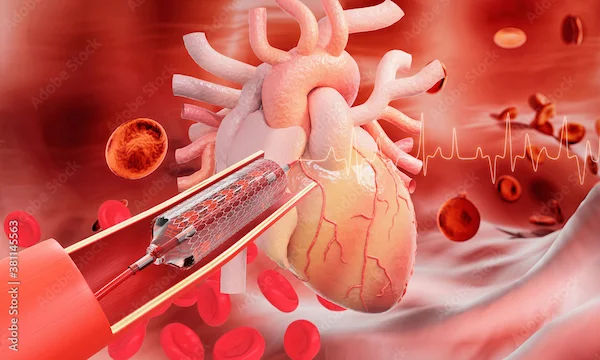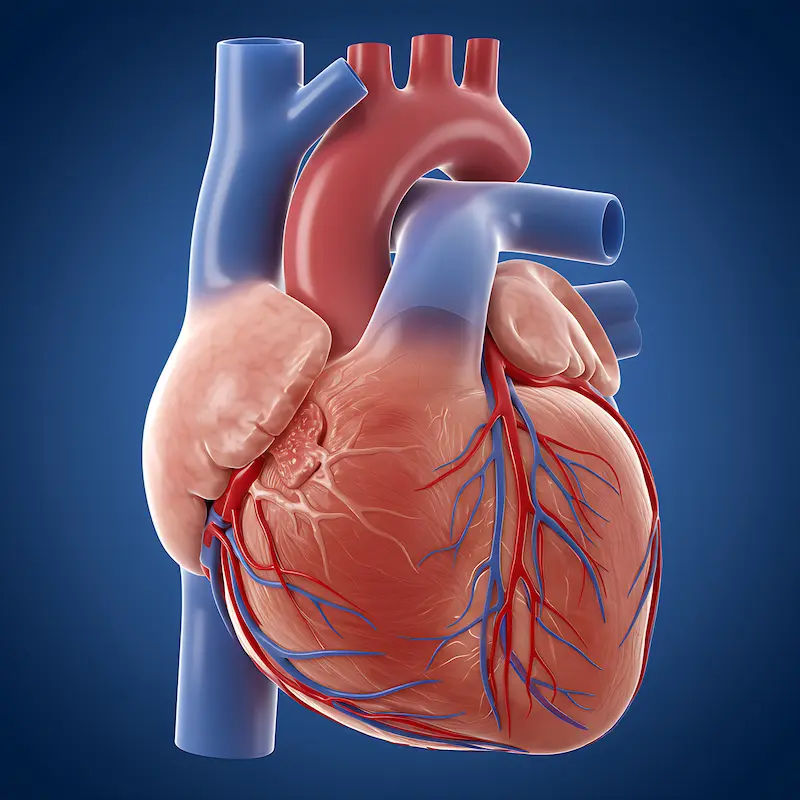- Male
- 33 Years
- 22/01/2025
I'm experiencing some chest heaviness and a bit of pain, and it's making it harder to catch my breath at times. I've been smoking about 10 to 12 cigarettes a day. Should I be concerned about this, and what could be causing these symptoms?
Answered by 1 Apollo Doctors
Tab augmentin duo 625mg ,orally ,thrice daily for 5 days advised to the patient.Also syrup salbutamol 10ml thrice daily for 7 days is advised to the patient.Steam inhalation is also advised twice daily to the patient.
Dr. Dhankecha Suggests...
Consult a Cardiologist
Answered 04/07/2025
0
0

More Cardiology Health Queries
View allWhy does my chest feel heavy?
It could be because of various reasons like anxiety, GERD, Muscle strain or Heart diseases
Answered by 1 Apollo Doctors
I'm wondering if it's okay to stop taking ecospirin 75 after recovering from COVID. Is there a recommended time to keep taking it if I only had mild symptoms? And what happens if I stop using it after a month? Could there be any side effects from stopping it so soon?
Ecospirin 75 is a brand name for aspirin. Aspirin is often prescribed post-Covid recovery to prevent blood clots. The duration for taking aspirin post-Covid recovery varies depending on individual risk factors and the severity of the illness. It is important to follow your healthcare provider's recommendations regarding the duration of aspirin therapy. Stopping aspirin abruptly after 1 month of Covid recovery may increase the risk of blood clots, especially if you were prescribed aspirin for this purpose. It is important to consult with your healthcare provider before discontinuing any medication, including aspirin, to avoid any potential side effects or complications.
Answered by 1 Apollo Doctors
I'm a bit worried about what my latest test results mean. It mentions sinus bradycardia with frequent PVCs, but no AV block or ischemic period. Also, my lipid, thyroid, kidney, and liver profiles all came back normal. I've been taking Cordarone 100. Could you explain what all this means for my health, and if there's anything specific I should be doing or watching out for?
SINUS bradycardia with frequent PVC can be managed with medication. Since you are already taking Cordarone 100, which contains Amiodarone, it is likely being used to treat the frequent PVCs. In addition to Cordarone, a beta-blocker such as Metoprolol can also be prescribed to help regulate the heart rate and reduce the PVCs. The dosage of Metoprolol can vary, but a common starting dose is around 25-50mg twice daily. It is important to follow up with your doctor regularly to monitor the effectiveness of the treatment and adjust the dosage if needed.
Answered by 1 Apollo Doctors
Disclaimer: Answers on Apollo 247 are not intended to replace your doctor advice. Always seek help of a professional doctor in case of an medical emergency or ailment.




